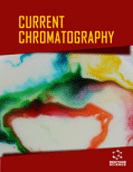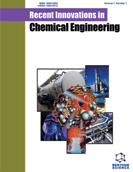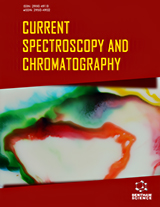Abstract
Background: Dehydroleucodine is a sesquiterpene lactone isolated from Artemisia douglasiana Besser. Distinctive biological and pharmacological activities have been shown extensively for this molecule. Only one analytical method has been described for the quantification of dehydroleucodine in biological experimental systems. However, this assay involves fluorescent detection that is normally not recommended for routine analysis.
Objective: The goal of this study was to develop and validate a novel methodology for rapid detection and quantitation of dehydroleucodine by HPLC with UV detection.
Method: The method involved the use of a C18 separation column, an acetonitrile/water (80:20, v/v) solution as a mobile phase in an isocratic mode at a flow rate of 1 ml/min, and UV detection at 254 nm.
Results: In the selected experimental conditions, dehydroleucodine exhibited a well-defined chromatographic peak with a retention time of 3.51 min. The chromatographic signal shows a linear dependence with the dehydroleucodine concentration. Correlation coefficient: 0.99. LOD: 1.5 ng/mL. LOQ: 15 ng/mL.
Conclusion: The current method is simpler, faster, and cheaper than the previously reported one, and besides it could be useful to quantify this lactone and related pharmacological compounds. Furthermore, quality control of medicinal extracts of plant origin could be analyzed, and the concentration of the active constituent could be certified by this method.
Keywords: Dehydroleucodine, HPLC, matico, plant extracts, Pseudomonas aeruginosa, UV detection.
 66
66 6
6 1
1

















